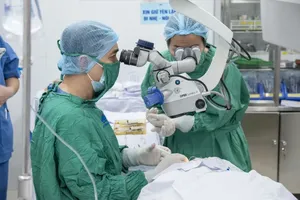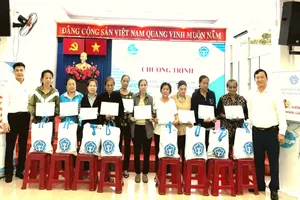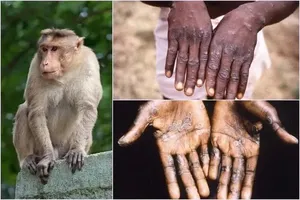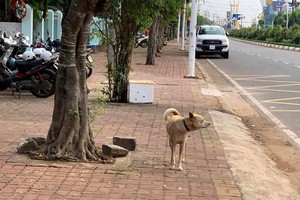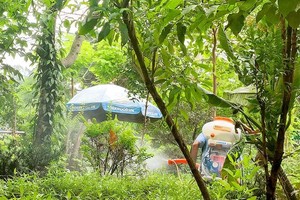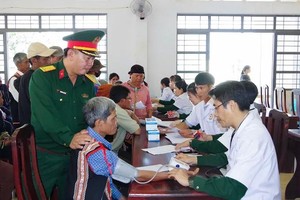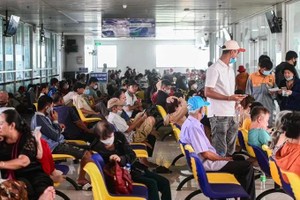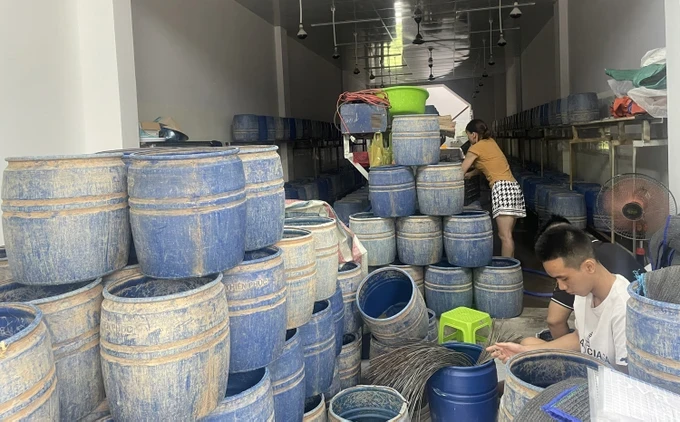
Recently, the police of Quang Ngai City (Quang Ngai Province) have initiated criminal proceedings against 29-year-old Vu Van Tuan and 35-year-old Dao Van Lap for violating food safety regulations. These individuals owned two facilities that used plant growth stimulants to produce mung bean sprouts, distributing hundreds of kilograms of sprouts daily to the market.
In March 2024, authorities detected, penalized, and suspended operations at these facilities for using the chemical 6-Benzylaminopurine (6-BA) in bean sprout production to enhance the product's aesthetic appeal compared to traditional methods. Shortly after their penalty period ended, these facilities resumed their profit-driven practices with complete disregard for consumer health.
A quick survey in HCMC revealed that some consumers prefer “ugly, thin” bean sprouts, believing them to be safer than the “rootless, round, and plump” ones. However, it is nearly impossible for both consumers and retailers to determine whether bean sprouts are grown with chemicals or not, as said by greengrocer N.T.P. from Thu Duc City. She added that she sources from familiar suppliers based on the trust between them.
Other vegetables vendors in HCMC take the sprouts from Binh Dinh Province, accepting a higher price for the sake of food safety because these are cultivated in riverbank sand. They explained that sprout production requires excellent technique; otherwise, the product becomes spoiled or unattractive, making it difficult to sell.
Currently, no rapid test kits exist for detecting chemicals in bean sprouts; common tests only cover pesticide residues in fruits, borax, food coloring, formaldehyde, nitrites, and methanol in alcohol.
According to Director Pham Khanh Phong Lan of the HCMC Food Safety Department, regulatory authorities maintain constant risk monitoring and sample testing for food products, including vegetables and bean sprouts. The city actively maintains rigorous monitoring and inspection protocols as regulated.
The chemical 6-BA emerged as a concern in HCMC in 2016, appearing as white chemical vials with Chinese labeling. At that time, numerous sprout production facilities using this chemical were discovered.
A 2020 study by the National Institute for Food Control revealed that all six tested bean sprout samples contained 6-BA. This plant growth stimulant, primarily used for pre-fruiting sprays or seed soaking, is strictly prohibited in food production.
Assoc Prof Dr Do Van Dung, Head of the Public Health Faculty at the University of Medicine and Pharmacy at HCMC, emphasized the need for absolute prohibition of banned substances in food production.
He further informed that while 6-BA has low acute toxicity, it can cause eye, skin, and respiratory irritation at high concentrations, primarily through occupational exposure. The long-term effects of 6-BA on human health have not been fully studied but may affect reproduction and development in certain animals.
Head of the Nutrition Department at Thu Duc City Hospital, Level-I Specialist Le Thuan Linh, warned that even thorough washing may not completely remove 6-BA from bean sprouts. When spraying this substance on crops, farmers are advised to wear protective gear to avoid irritation.
More importantly, properly cultivated traditional sprouts can also be attractive with minimal roots just like those grown with chemicals. Therefore, using visual assessment to determine chemical presence could negatively impact legitimate producers and vendors.
In 2019, Thu Duc District People's Court (now Thu Duc City, HCMC) conducted an initial trial, sentencing defendant Bui Van Sang to 18 months imprisonment for violating food safety regulations by soaking radishes in Sodium Sulfate (Na2SO4). This marked the first prosecution of such violations in HCMC.
In 2021, the authorities discovered a facility in District 8 using industrial chemicals to soak snail meat. In 2023, Da Nang City Police uncovered two bean sprout production facilities using the growth stimulant 6-BA.









